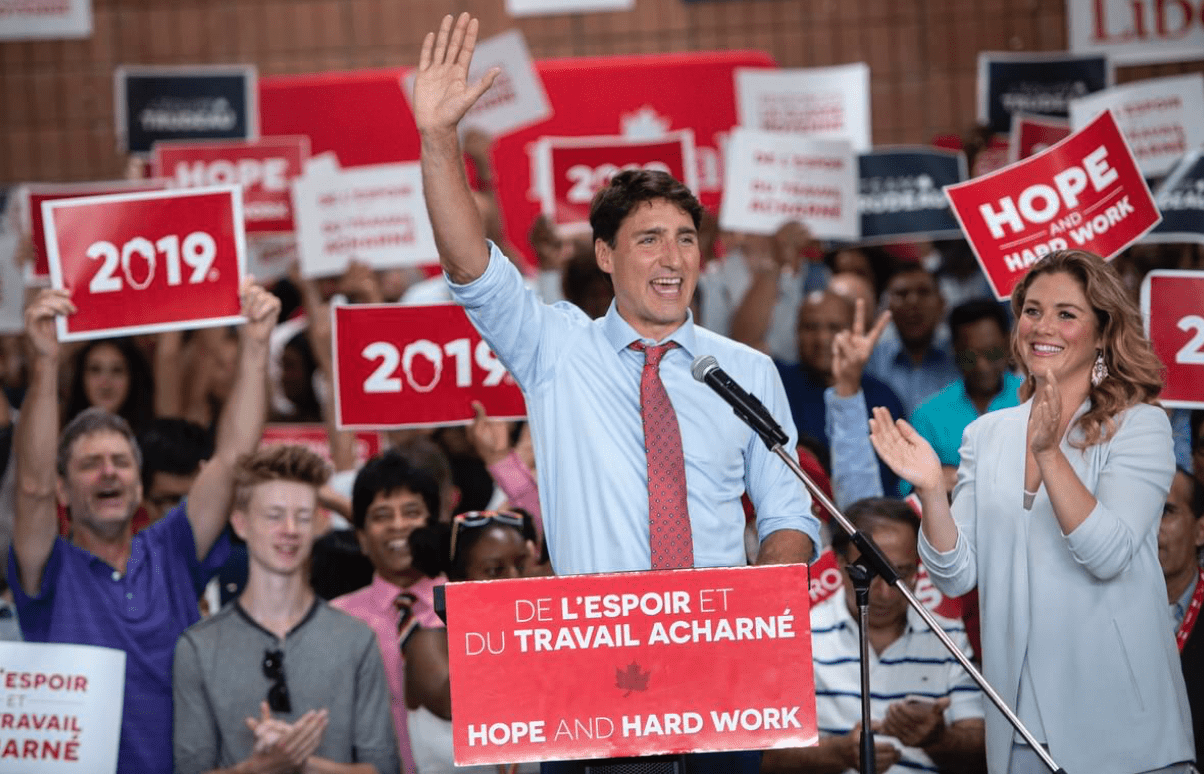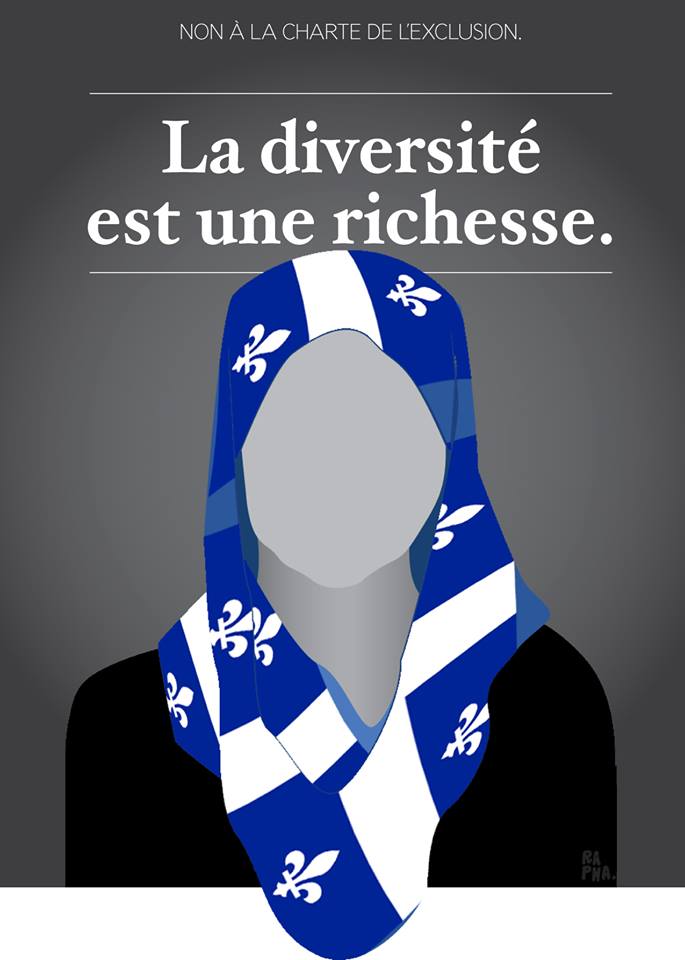I can't help but wonder what would happen if, a few months from now, Prime Minister Justin Trudeau ends up winning a slim minority government.
More specifically, I'm pondering how minority status would impact on Trudeau's political legacy.
Would it make him seem a better leader or worse?
It's an interesting question, I think, because, after all, governing with a minority requires that a prime minister possess a certain kind of tactical political skill set.
Indeed, it's kind of like playing a game of 3D chess, you make a move, your opponents make moves, and sometimes fate makes a move, and all it takes is one miscalculation to bring the whole edifice crashing down.
This is why running a minority government will test a leader's skills to the max.
I'd argue, for instance, that former Prime Minister Stephen Harper, who ran a minority government from 2006 to 2011, passed that test with flying colours.
A superb political tactician, he masterfully and successfully used a combination of bluff and bluster, to keep the Opposition parties continually off balance.
So despite the precarious nature of his political situation, Harper looked strong, while his opponents looked weak.
Then there's the counter example of former Prime Minister Joe Clark, whose total lack of tactical political skill and strategic forethought resulted in his minority government collapsing after just nine short months.
At any rate, this brings us back to the Trudeau question.
If, hypothetically speaking, he were faced with running a minority government, would he thrive, like Harper, or would he wither like Clark?
Well, my guess would be to say, Trudeau is no Harper.
In other words, I don't think Trudeau has the skills to navigate through the choppy waters of minority government.
For one thing, a minority prime minister needs a certain degree of diplomatic dexterity.
And, let's face it, diplomatic dexterity doesn't seem to be one of Trudeau's strengths, given how, during his term in office, he's managed to make enemies out of China, Saudi Arabia, India and the USA, not to mention the provincial governments of Alberta, British Columbia, Saskatchewan and Ontario, and not to mention Jody-Wilson Raybould.
Then there's the whole work ethic thing.
I'm not saying Trudeau is lazy, but he has always come across, at least to me, like a leader who enjoys the fun part of politics — the pomp and circumstance, the photo ops, the dressing up, the parties — more than he does the tough, nitty-gritty trench warfare stuff.
And guess what? Much of running a minority government is tough, nitty-gritty trench warfare stuff; it's forging compromises, it's wheeling and dealing, it's a lot of hard work.
I'm doubtful Trudeau can adjust to a less than fun reality.
And finally, can he put aside his ego?
We all know Trudeau loves to be the star of the show, but in a minority government he'd have share at least part of the limelight with Opposition party leader Jagmeet Singh (or maybe with Elizabeth May).
That too might be a difficult adjustment.
And keep this in mind, if I'm wondering about Trudeau's minority leadership skills, maybe his Liberal comrades are too.
Is it possible, if Trudeau wins only a minority government, it might set in motion a mutiny within the Liberal ranks?
This is not a totally idle question, considering that, according to a recent media report, Liberal "insiders" are already mulling over the idea of replacing Trudeau with former Bank of Canada governor, Mark Carney.
And this is months before the election!
Anyhow, for all the reasons outlined a Trudeau minority government would likely crash and burn.
Mind you, it's possible I'm totally wrong in my analysis, perhaps Trudeau would make for a brilliant minority prime minister.
But I wouldn't bet the farm on it.
Photo Credit: CBC News










